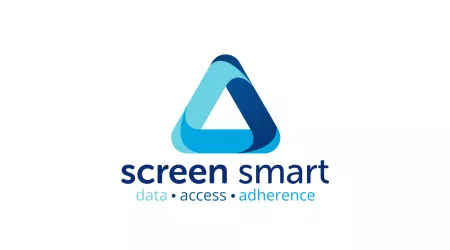Who Decides Who Pays for Screening?
Once you know you need to get screened for colorectal cancer, the next question is which test is best and who will pay for it. That’s where the United States Preventative Services Task Force (USPSTF) enters the picture. The USPSTF is the group responsible for determining which tests your insurance is required to cover.
In their own words, the USPSTF “is made up of 16 volunteer members who are nationally recognized experts in prevention, evidence-based medicine, and primary care. Their fields of practice and expertise include behavioral health, family medicine, geriatrics, internal medicine, pediatrics, obstetrics and gynecology, and nursing.”
So why does this matter to you? In short, what the USPSTF says about your test connects directly to your wallet.
Which Tests Get Coverage?
The Affordable Care Act (ACA) says that insurance must fully cover the cost of any preventative services that receive an A or B rating from the USPSTF. Colorectal screening for people ages 50 to 75 has an A rating, and screening for people ages 45 to 49 has a B rating, so screening should be covered for both groups. The ACA defines preventative services as tests for those of average risk and who aren’t having any symptoms.
Harm vs. Good: A Careful Balance
The USPSTF looks at scientific studies to determine their ratings. A test must prove that it provides more benefits than risks. In other words, the test is likely to create more good than harm.
If a test finds one case of cancer out of 100 and seriously harms five out of 100, it’s not going to get a good rating. On the other hand, if it finds 10 cases of cancer out of 100 and only harms one out of 100, it will likely get a high rating. The USPSTF also considers things like accuracy, the number of false positives and false negatives the procedure creates, and other medical issues.
The Good News
If you are a person at average risk for colorectal cancer and age 45 and older with no symptoms, you have a variety of colorectal screening tests to choose from. All of them should be covered 100%, even for people who have a high deductible plan. Private insurance is not allowed to charge you by rule for anesthesia or polyp removal either. So what are you waiting for? Take this easy quiz to look at your screening options.
Top resources

National Cancer Prevention Month: Majority View Encouraging Screening as an Act of Love
Americans increasingly view colorectal cancer screening encouragement as an act of love, with new survey data showing rising openness about lifesaving prevention.

Katie Couric Joins the Colorectal Cancer Alliance To ‘LEAD FROM BEHIND’
Katie Couric joins the Colorectal Cancer Alliance and Ryan Reynolds’ Maximum Effort to expand LEAD FROM BEHIND, a star-powered campaign breaking stigma and urging lifesaving colon cancer screening. Colon cancer is the preventable cancer.

20+ Colorectal Cancer Alliance Screen Smart Partners Encourage Secretary Kennedy to Uphold USPSTF Goal to Improve Health
The Colorectal Cancer Alliance and more than 20 Screen Smart partners urge HHS Secretary Robert F. Kennedy Jr. to protect USPSTF’s evidence-based process and no-cost preventive screenings like colorectal cancer screening, which save lives and improve national health.





